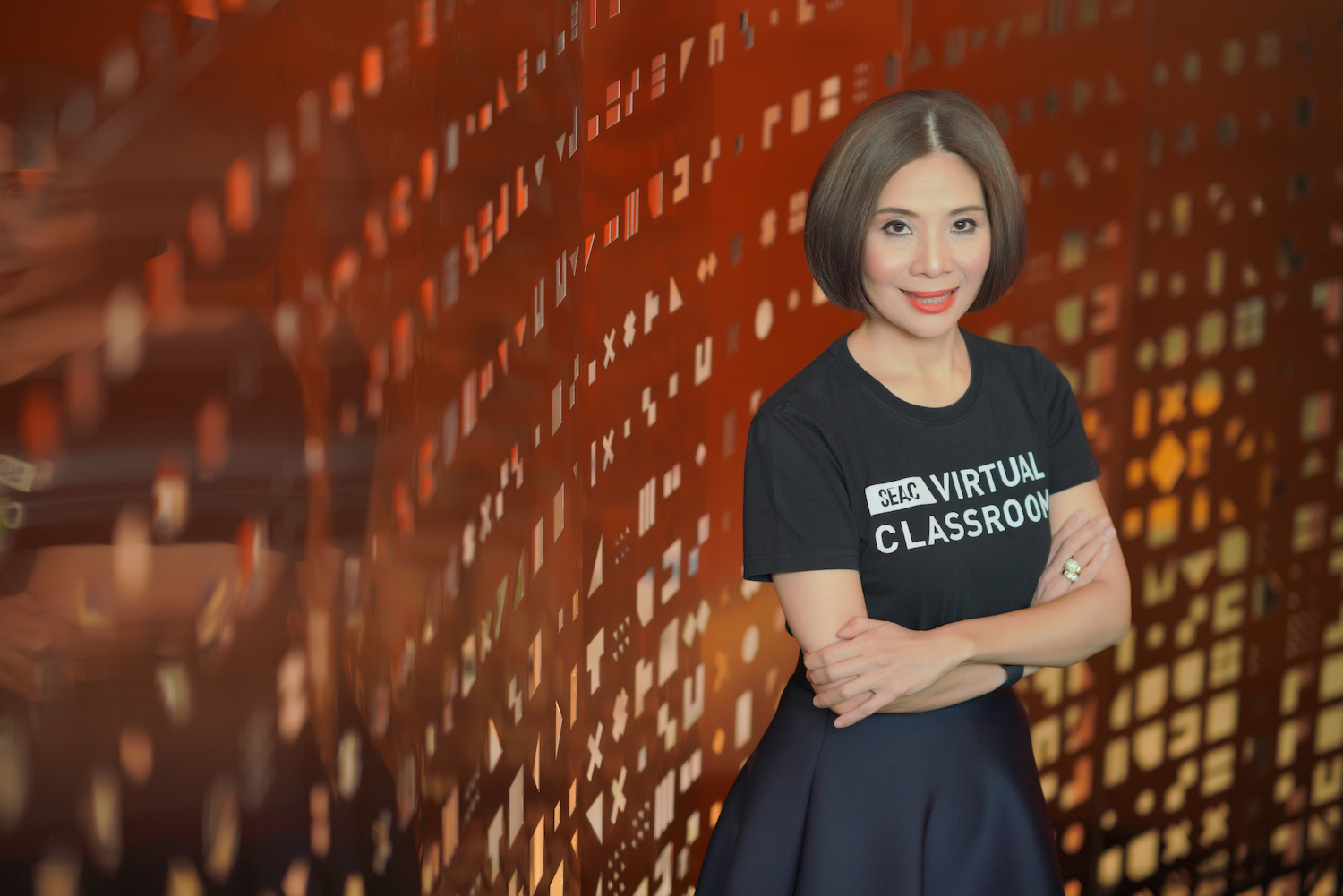
For 130 years, the Swiss Army knife has served as a unique pocket companion, with the capability to do many jobs with one tool. It has a blade, scissors, a screwdriver and many other components. Each of these is used for its predefined role or together with another to accomplish something different. All wrapped up in a bright red casing. Its versatility has given it longevity and relevance, even today.
Now let me ask you a question. Whatever your role, how many new things or new outcomes have you needed to add and deliver over the past two years? In my case, it feels like I have had to be continuously learning and adding skill sets (and discarding some as well). Luckily for me, I enjoy this. However, my people and my clients have faced similar demands.
I have needed my people to become like the Swiss Army knife: Flexible and able to quickly add and apply new capabilities to new problems and opportunities. Discussions with leaders and practitioners from Thailand’s HR community indicate this is an increasingly growing requirement.
The need to develop what has been called T-Shaped, or Comb-shaped people was a Top 6 priority in a recent survey that SEAC conducted of more than 500 human resources leaders. These are staff with multiple specialties and broader knowledge than previously required.
What I noticed during the Covid crisis, and what I am hearing echoed more and more, is that these attributes are needed further down and throughout the organisation.
Take leaders for example. I’ve been intrigued lately by all the news about the emerging metaverse. It has long been a truism that the more responsibility you have, and the higher you rise in your organisation, the more you need to see beyond your own area, function and business. The metaverse may make that more complicated than ever before.
We don’t even know what impact the metaverse will have on our lives, what attributes, skill sets and roles will be required, and what new possibilities will emerge. It is just one example of why leaders must maintain a broad organisational perspective.
It also serves as an example of why all staff need a broader perspective. More autonomy and empowerment require new perspectives and more diverse and deeper skill sets (or at least the capability to build them quickly) to get the win.
The sheer amount of change we face suggests we will be deploying people for key outcomes or tasks rather than traditional job-specific roles. Our people will need to transition and apply their skills where needed.
Just look at the continuing shift in work models of all kinds. Look,for example, at how innovation is being transformed, from closed R&D approaches to more open ecosystem approaches. Today’s innovators now need to be more outward thinking, business astute an tech agnostic. There are probably at least three new skill sets required to succeed, along with a much broader understanding of what is going on in a given domain.
Look at the increasingly tumultuous future we face. We will all be working in a more adaptive, inclusive and digital future business landscape. More than ever, leaders will need to lead authentically and strategically. More than ever, team members need to understand the new reality of the business (not what they assumed it was) and cultivate increasing digital intelligence, resilience and agility to deal with a more uncertain and complex marketplace.
Where do we start? I believe it starts by cultivating curiosity in your people to develop a broader perspective and ability to learn. You need to ensure your people are willing to learn, know how to learn, and understand the different learning options that will be most effective for their unique situational needs.
Then look for your more proactive “can-do” people. These are the people willing to learn something new and jump in and help others. They are not the stay in my lane/not my responsibility people. They volunteer ideas and share input. They may not be corporate climbers but demonstrate a desire to learn about adjacent or new areas. They read books, are willing to challenge their assumed constraints, and see things from others’ points of view.
Next, start to increase their exposure. Assign people to projects in adjacent or new areas. Help them identify the skills they need. Provide low-cost support so they can develop the new, expanded capabilities and put them to good use. Make sure they get the chance to interact with similar people and leaders. Let them build their own Swiss Army knife tools and put them to best use in your organisation. Get them working on the future of your organisation, and transformation opportunities, and support their continued growth.
Specialists are great, but I believe the day of the single specialty is coming to an end. A reduced workforce and constantly changing technology mean that fundamentally the requirements are different. Staff who specialise in multiple things are the future.
The potential benefits of developing staff with broader perspectives and skill sets mean you will find more opportunities, create sustainable growth, can better interpret and benefit from your data, and benefit from bigger-picture thinking.
Arinya Talerngsri is Chief Capability Officer and Managing Director at SEAC — Southeast Asia’s Lifelong Learning Center. She can be reached by email at arinya_t@seasiacenter.com or https://www.linkedin.com/in/arinya-talerngsri-53b81aa. Talk to us about how SEAC can help your business during times of uncertainty at https://forms.gle/wf8upGdmwprxC6Ey9
